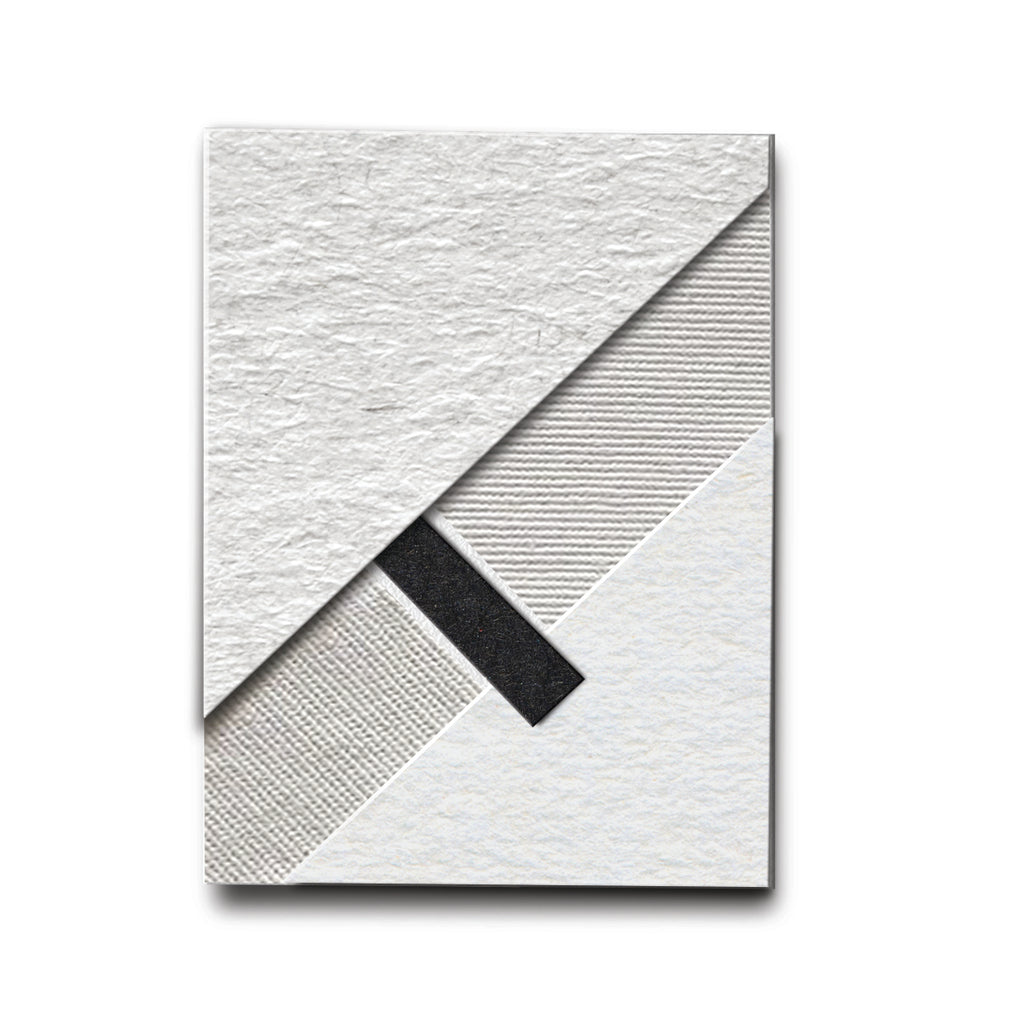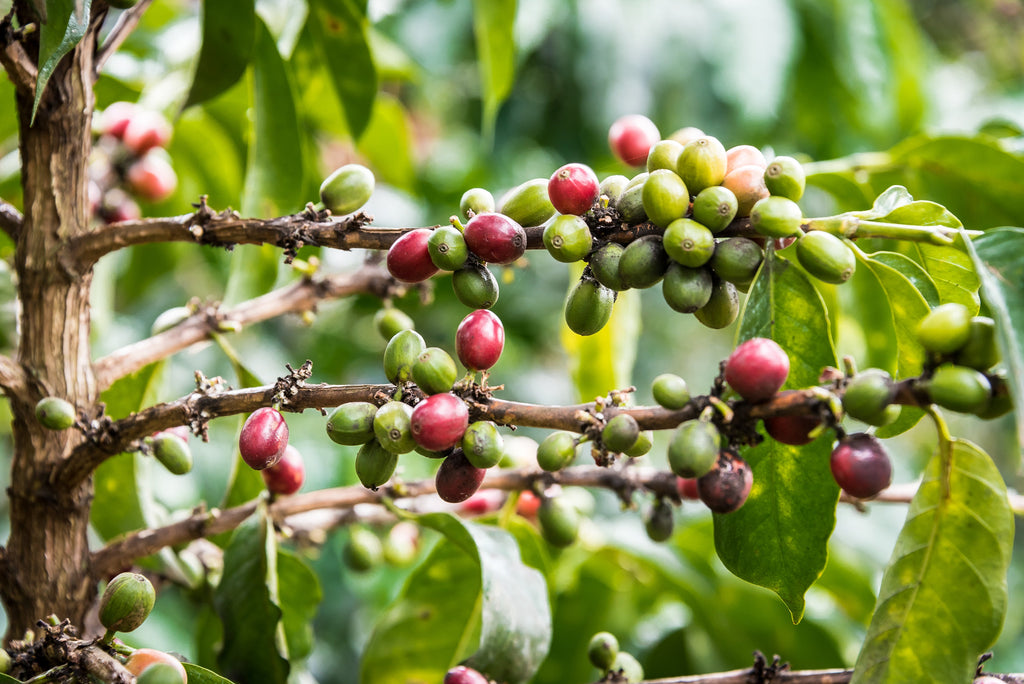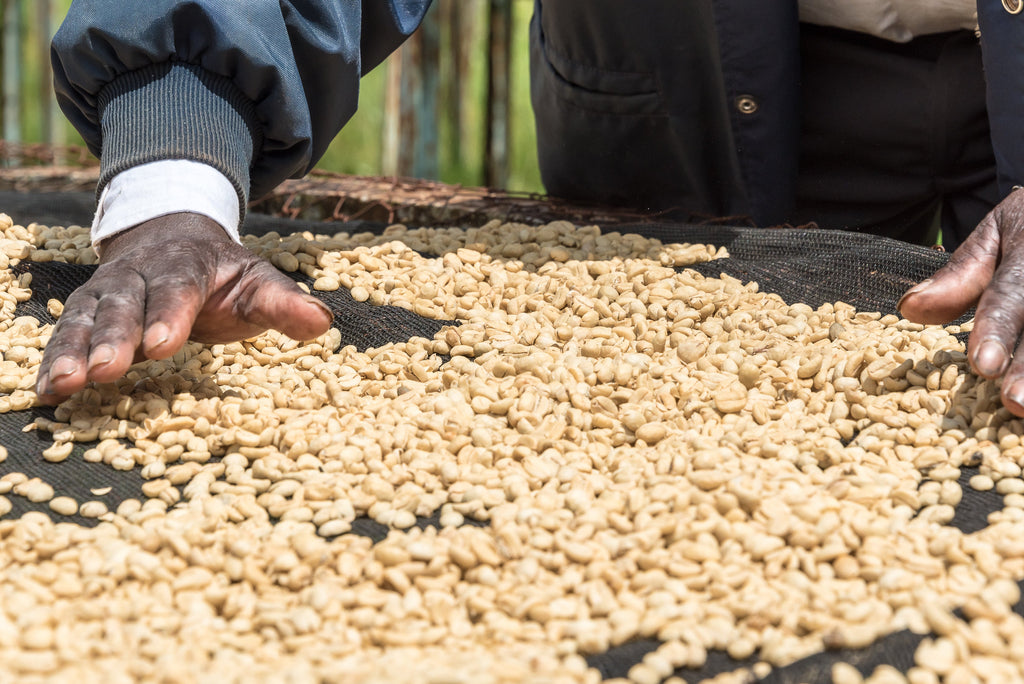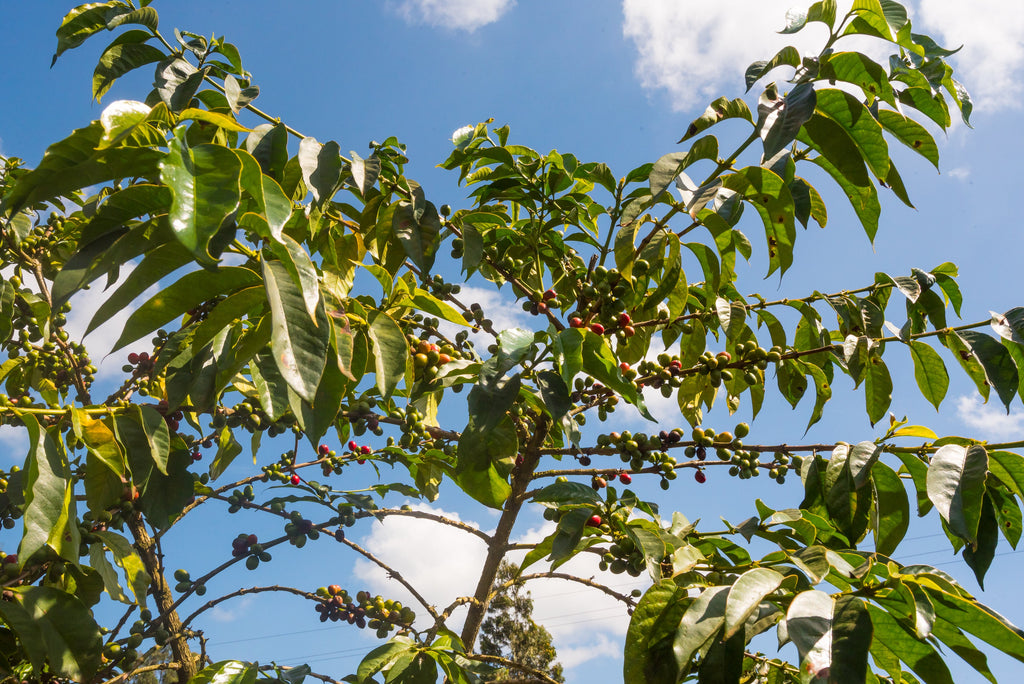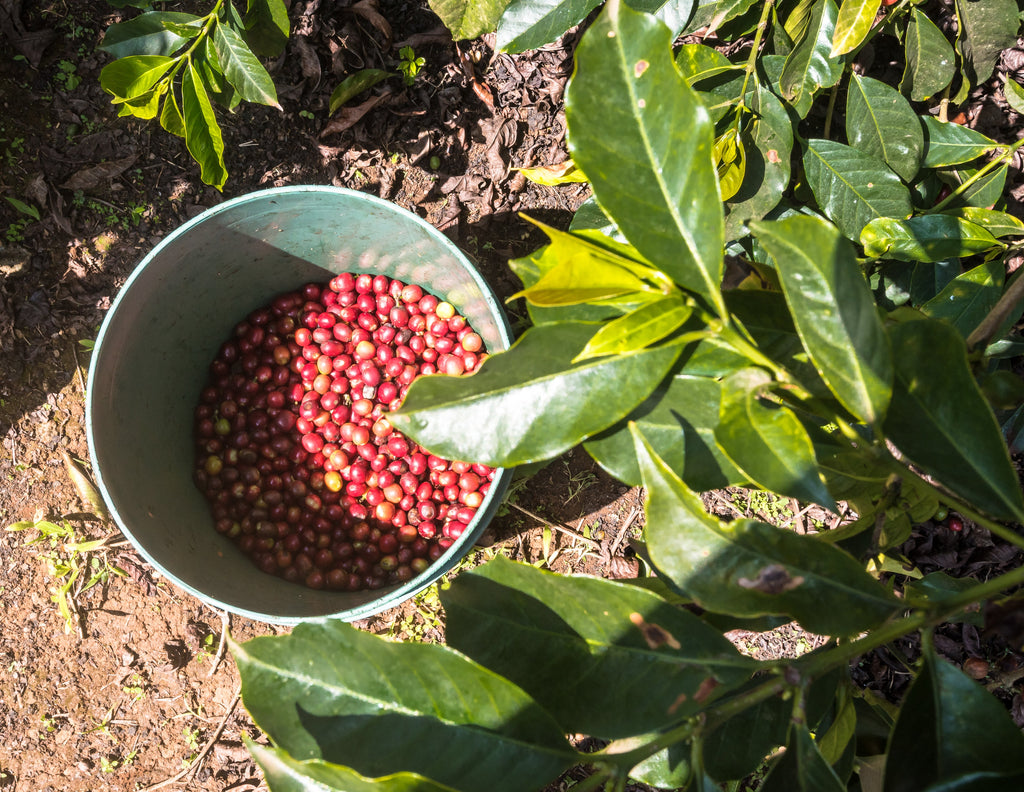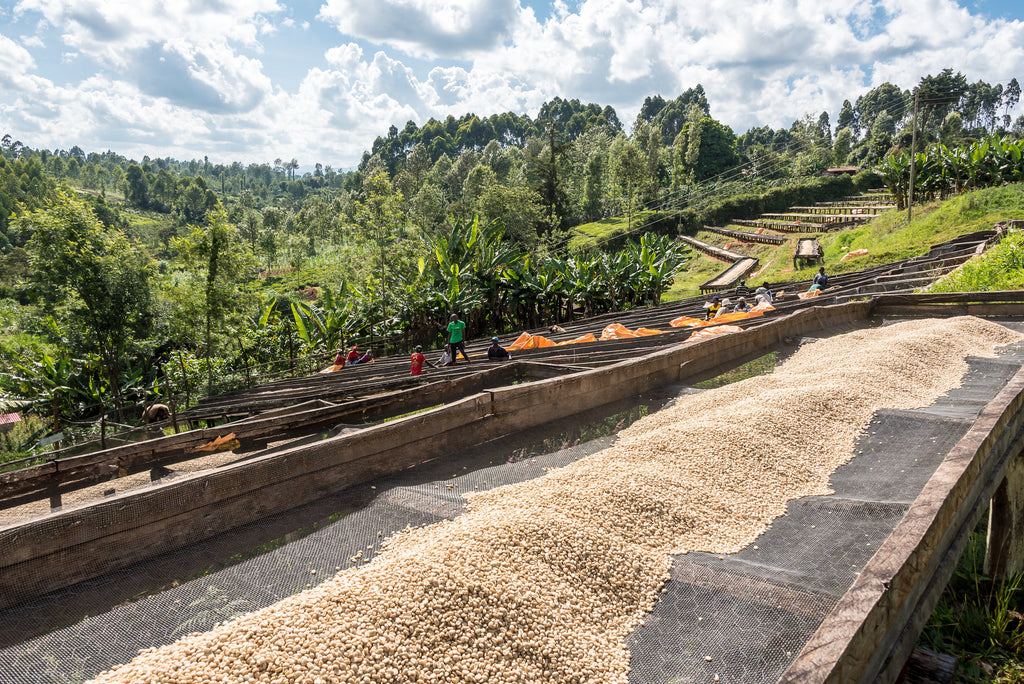525.00TL
Kutere PB - Kenya - 2022
On the nose: sweet spices, black currant, thyme, and linden. On the pallet: Lime, strawberry lemonade, stone fruits. Coke, black currant, nutmeg, and ginger cookie. Medium body, Guinness-like creamy finish.
Kutere washing station in the Mt. Elgon region is owned and operated by Kutere Farmers’ Cooperative Society (FCS). Farmers delivering to Kutere cultivate coffee on farms that sit on the slopes of Mt. Elgon. Their farms are small, averaging less than 1.5 hectares on average, and consist of SL28, SL34, Batian and Ruiru 11.
Cultivation
Farmers delivering to Kutere cultivate primarily SL28, SL34, Batian and Ruiru 11 in small coffee gardens that are, on average, smaller than 1.5 hectares. ‘SL’ varieties are cultivars originally released by Scott Agricultural Laboratories (SAL) in the 1930s and 1940s. They soon became the go-to trees for many growers in Kenya due to their deep root structure, which allows them to maximize scarce water resources and flourish even without irrigation. They are cultivated with a serious eye to sustainability and Good Agricultural Practices, with minimal environmental impact where possible.
Batian is a relatively new variety introduced by the Kenya Coffee Research Institute (CRI) in 2010. Batian is named after the highest peak on Mt. Kenya and is resistant to both CBD and CLR. The variety has the added benefit of early maturity – cropping after only two years. Similar to Batian, Ruiru 11 is a new variety known for its disease resistance and high yields. It also starts yielding fruit after just 2 years.
Farmers receive technical agronomic support from Sucafina Kenya. They also receive soil sampling from Kahawa Bora. The soil sampling program addresses a key step in farmer profitability. Lower input costs mean lower overall production costs and higher profits. More targeted input application also translates into healthier trees and higher quality cherry. Prior to Kahawa Bora’s soil sampling program, farmers had little access to soil analysis methods. Fertilizer, when applied, would be formulated according to a generalized recipe rather than one uniquely suited to the farm’s exact needs. Now, with better access to information through technology and agronomical assistance, farmers can apply the right fertilizer recipe at the right time, improving yields and cherry quality.
Harvest & Post-Harvest
Smallholders selectively handpick only ripe cherry and deliver it to Kutere Factory. At intake, the Cherry Clerk oversees meticulous visual sorting and floating, accepting only dense, ripe cherry.
After intake, cherry is pulped and fermented. Following fermentation, coffee is washed in clean water and laid to dry on raised beds. Workers rake parchment frequently to ensure even drying. They cover drying parchment during the hottest time of day, to maintain slow, even drying and at night, to shelter parchment from moisture.
About Peaberries
PB stands for PPB stands for Peaberry. Peaberry is a name given to a very specific shape of bean. In Spanish, peaberries are called “caracol”, which means “snail”. The name aptly describes the shape of the peaberry bean, which appears slightly curved in on itself.
Peaberries are the result of a natural mutation in the coffee cherry. Whereas there are usually two beans nestled together in each fruit, in a cherry with a peaberry mutation, only one bean forms. As a result, peaberries are a single, rounder bean.
Peaberry mutations occur in approximately 5% of all coffee. The beans are known for being rounder, smaller and denser, which can contribute to a more even roast color, when handled correctly. Many people find peaberries to have a sweeter flavor profile, as well.
Since peaberries are a natural mutation that is not visible from the outside of the cherry, peaberries must be sorted out during the screen grading stage of dry milling. The peaberry screens have the smallest holes, which are oblong to allow the rounder beans to fall through. peaberry. Peaberry is a name given to a very specific shape of bean. In Spanish, peaberries are called “caracol”, which means “snail”. The name aptly describes the shape of the peaberry bean, which appears slightly curved in on itself.
Coffee Class: KE.PB
Variety: Batian, Ruiru 11, SL28, SL34
Processing Technique: Fully Washed
Harvest Year: 2022
Producer: 3,121 farmers working with the Kutere Farmers Cooperative Association.
Altitude: 1,570 m.
Farm/Station: Kuter Washing Station
Region / Sub-District: Bungoma / Mount Elgon
Supplier: Sucafina Specialty
CLICK FOR GRINDING OPTION

